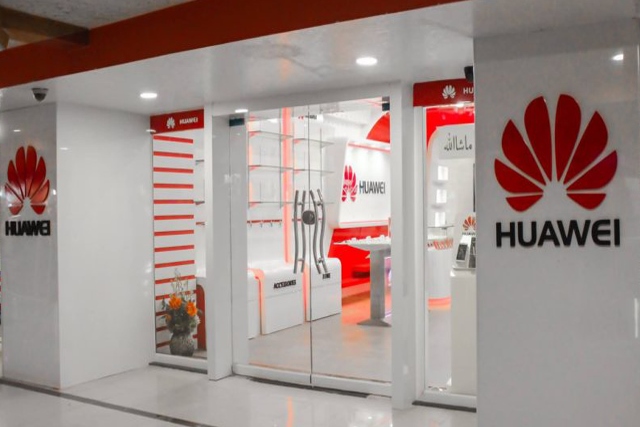Huawei is demanding Verizon Communications pay $1 billion to license the rights to patented technology, Wallstreet Journal reported.

A Huawei executive made the demand in a February letter. The fee would cover licensing of more than 230 patents.
Verizon spokesman Rich Young declined to comment “regarding this specific issue because it’s a potential legal matter.”
Young said: “These issues are larger than just Verizon. Given the broader geopolitical context, any issue involving Huawei has implications for our entire industry and also raise national and international concerns.”
Patent licensing is very common, particularly in complex industries like telecommunications. There are millions of U.S. patents in force, and a typical smartphone implicates hundreds of thousands of them.
Companies like Apple, Nokia and Qualcomm own many thousands of patents issued by governments around the world.
It is not unusual for these firms to try to make money from their massive patent portfolios. Nokia, for example, routinely brings in more than $1 billion a year from licensing its patents to others.
Large companies like Verizon will try to identify patents they might be violating, said Gaston Kroub, a patent lawyer in New York. But that can be a challenge because so many patents are granted every year, Kroub said.
Tom Cotter, a professor of patent law at the University of Minnesota, said it was possible Huawei executives believe Verizon has been infringing their U.S. patents for some time but for business reasons waited until now to seek compensation.
Franklin Turner, a government contracts lawyer at McCarter & English in Washington, said the patent licensing demand may also be a way for Huawei to “retaliate” against the United States.
Republican Senator Marco Rubio said on Twitter that the demand against Verizon was an “attempt by Huawei to retaliate against the U.S. by setting the stage for baseless, but costly, patent claims.”
